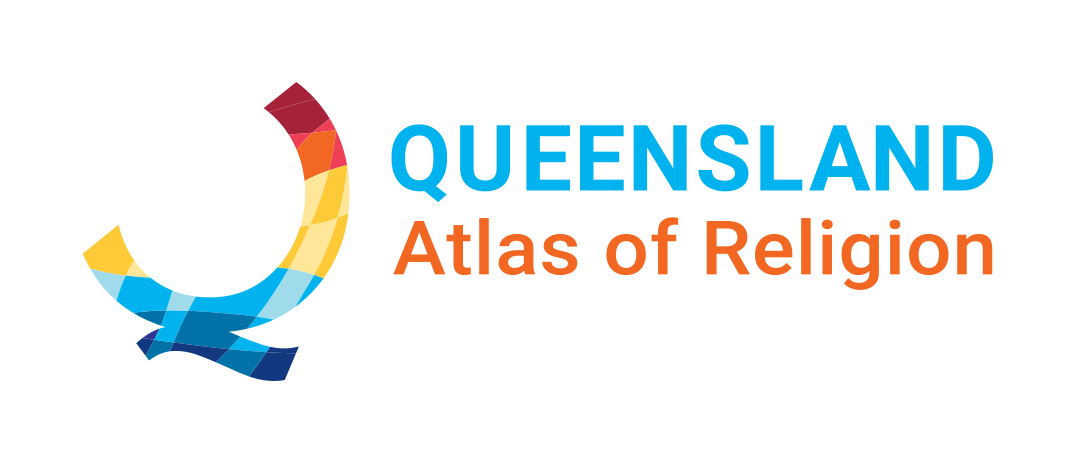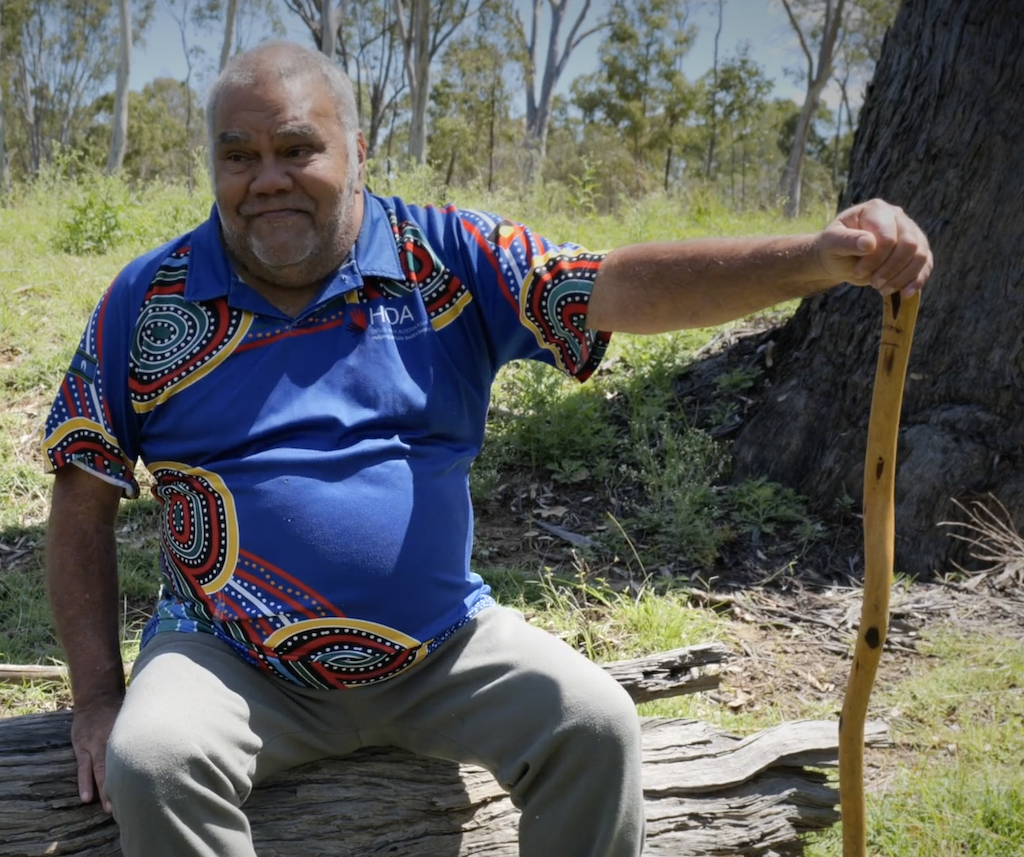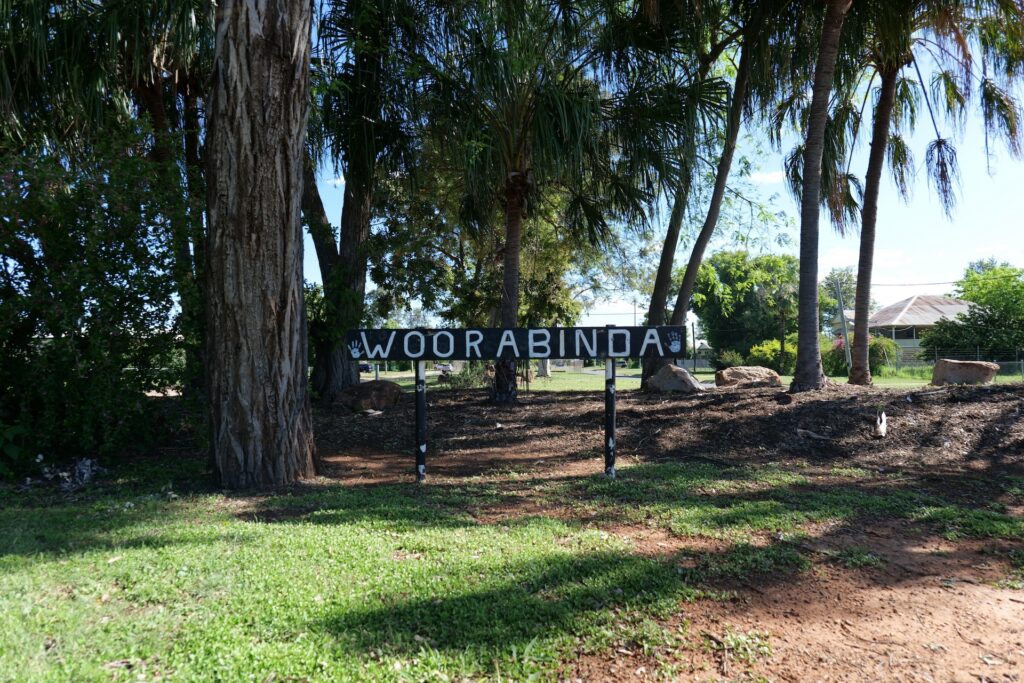Ghungalu Country, Central Queensland
Steve Kemp, a Ghungalu elder from Woorabinda in Central Queensland, conveys some of his cultural knowledge, family lineages, and connection to country.
By Steve Kemp
This is a 5 minute read and 20 minute video, published June 2024.
Here in Ghungalu country, we’re known as a tribe of many rivers. To the east, we have the Dawson River; to the west we have the Comet River. To the north, we have the Mackenzie River. And to the south we have a creek called Conciliation Creek, which joins with Planet Creek which joins with the Comet River which becomes our southern boundary.
Living in Ghungalu country
As Ghungalu people, within our boundaries we didn’t need to go across in anyone’s land — we had everything here, there was abundance of food, abundance of water. This was prior to the 1800s before the whitefella come into the area. And so we had our certain places where we would camp, probably wallaby scrubs.
On Woorabinda itself, there were two wallaby scrubs. And I believe that one family would have owned that scrub, that was their wallaby scrub. So, when the white man came to this place, my family was living at a wallaby scrub on Woorabinda, they called it Eight Mile. And we had meat and we also had permanent water. So, we didn’t really need to go anywhere.
The other family that lived near was the Duke White family, and they were living at Five Mile wallaby scrub, same thing — water and meat.
So, then we worked for the Dunne family that came in, and they knew where to find us. They eventually built dipping yards at those two locations, and so when they had to dip cattle, they’d come and get our people and we’d dip the cattle and brand the cattle, and do whatever, and they’d pay us in rations of flour, sugar, tea, probably give us meat and all that type of bare essentials, even tobacco, that was part of our rations. Or sometimes the graziers would even pay you, as well.
When the mission came along, you couldn’t do that. You had to work for the superintendent, they’d charge you out as slave labour, they’d take half your money and this is where the ‘welfare’ money came in. If you’ve ever wondered where the welfare money came from, it was from ancestors that got ripped off by the government. They would charge them at half the price as a whitefella, and then take half of that money again for the ‘welfare’, for their money. Most of the Woorabinda welfare money was spent on Redcliffe hospital, would you believe, building Redcliffe hospital. So, we found that out since we have been researching.
Woorabinda, then and now
In 1927, when people came from Taroom, they also rounded them up from other places prior to Taroom. One was Durundur, that was around Caboolture. And before, when they came to that place, they rounded them up from Stradbroke Island and all the southeast corner there. And when they came to Taroom, they bought them from the southwest corners as far out as Nockatunga and Thargomindah, and Birdsville and all the rest of it.
Then they took them from the Cape and brought them down too, so out of removing all these people from their traditional lands, they removed 52 different tribes. Presently there’s probably more than 52 different tribes at Woorabinda now. But in 1927, that’s what happened.
So prior to 1986, we were an Aboriginal reserve. And then 1986 came along, the Government said, “Oh, we can get youse to run your own affairs, but we’re going to call it a DOGIT, a Deed of Grant in Trust.” And DOGIT means that the land can’t be sold, there is no equity. So, you can’t take the land to the bank and borrow money, and you’ll never own it. If I were to buy my house in Woorabinda, I would buy the house but I’d never own the land, as it stands with the DOGIT.
And from 1986 onwards we’ve done pretty good. Our pastoral company has been very successful, our grain crops are very successful. And we’re doing really well. The houses are beautiful, the people are looking after the houses, people are looking after the children. So, this is probably the best Woorabinda has ever looked. And I would invite anyone to come along and have a look and see for yourself.
Welcome to Country: Steve Kemp
With thanks
This entry represents extracts from a conversation between Steve Kemp and Richard Martin, Woorabinda, November 2022. The QAR team extends their gratitude to Steve Kemp and his family for their warm welcome and contributions to the project.
Related articles



